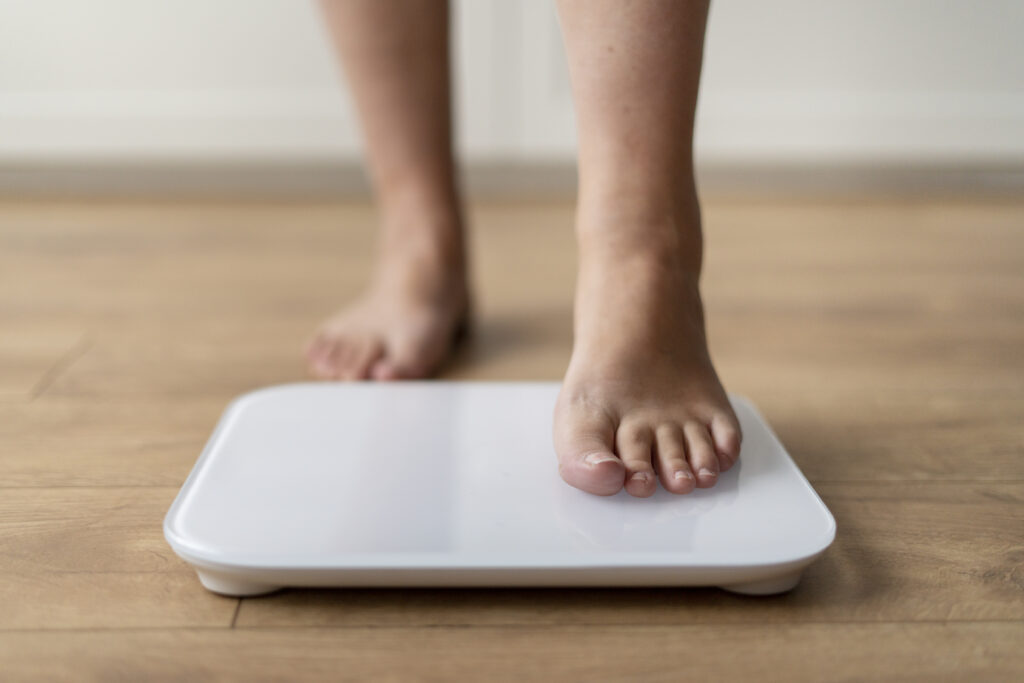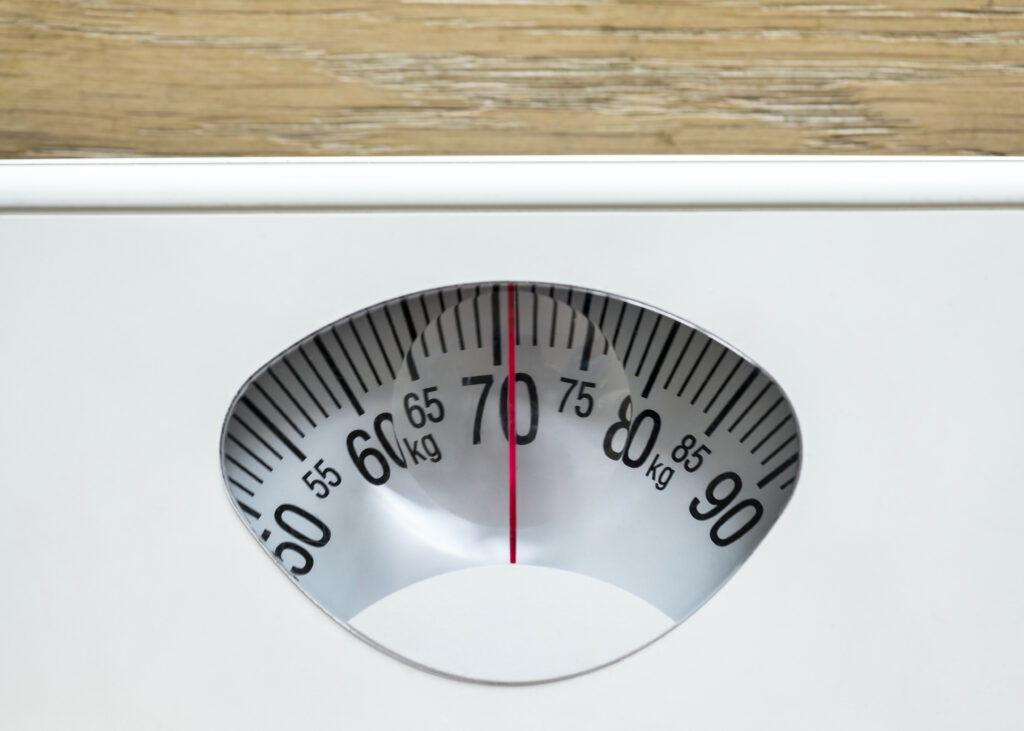How to Lose Weight: 8 detailed guides

Losing weight can be a challenging journey, but with the right mindset and strategies, it is achievable. This post highlights an 8-step guide on how to lose weight effectively.
Set Realistic Goals
The first step in your weight loss journey is to set realistic and achievable goals. Instead of aiming for drastic changes, focus on small, manageable targets. For example, aim to lose 1-2 pounds per week. This gradual approach is more sustainable and healthier.
Understand Your Caloric Needs
To lose weight, you need to create a caloric deficit, which means consuming fewer calories than your body burns. Use online calculators or consult with a nutritionist to determine your daily caloric needs based on your age, gender, weight, height, and activity level.
RELATED POST: How to make a budget plan
Adopt a Balanced Diet
Focus on eating a balanced diet that includes:
Fruits and Vegetables: Aim for at least five servings of fruits and vegetables each day. They are low in calories but high in nutrients.
Lean Proteins: Incorporate sources like chicken breast, fish, beans, and legumes into your meals to help maintain muscle mass while losing fat.
Whole Grains: Choose whole grains over refined grains for added fiber and nutrients.
Healthy Fats: Include sources of healthy fats such as avocados, nuts, seeds, and olive oil in moderation.
Incorporate Regular Exercise

Physical activity plays a crucial role in weight loss. Aim for at least 150 minutes of moderate-intensity aerobic exercise each week combined with strength training exercises twice a week. Activities like walking, running, cycling, swimming, or group classes can be effective.
Monitor Portion Sizes
Being mindful of portion sizes can significantly impact your calorie intake. Use smaller plates or bowls to help control portions visually. Additionally, consider measuring food portions until you become familiar with appropriate serving sizes.
Stay Hydrated
Drinking plenty of water is essential for overall health and can aid in weight loss by helping you feel full. Aim for at least 8 cups (64 ounces) of water daily. Sometimes thirst is mistaken for hunger; staying hydrated can prevent unnecessary snacking.
Get Enough Sleep
Sleep is often overlooked but is vital for weight management. Lack of sleep can disrupt hormones that regulate appetite and lead to increased cravings for unhealthy foods. Aim for 7-9 hours of quality sleep each night.

Seek Support
Consider joining a support group or working with a registered dietitian or personal trainer who can provide guidance tailored to your individual needs and help keep you accountable throughout your journey.
By following these steps consistently and being patient with yourself throughout the process, you can achieve lasting weight loss results.
 Skip to content
Skip to content


